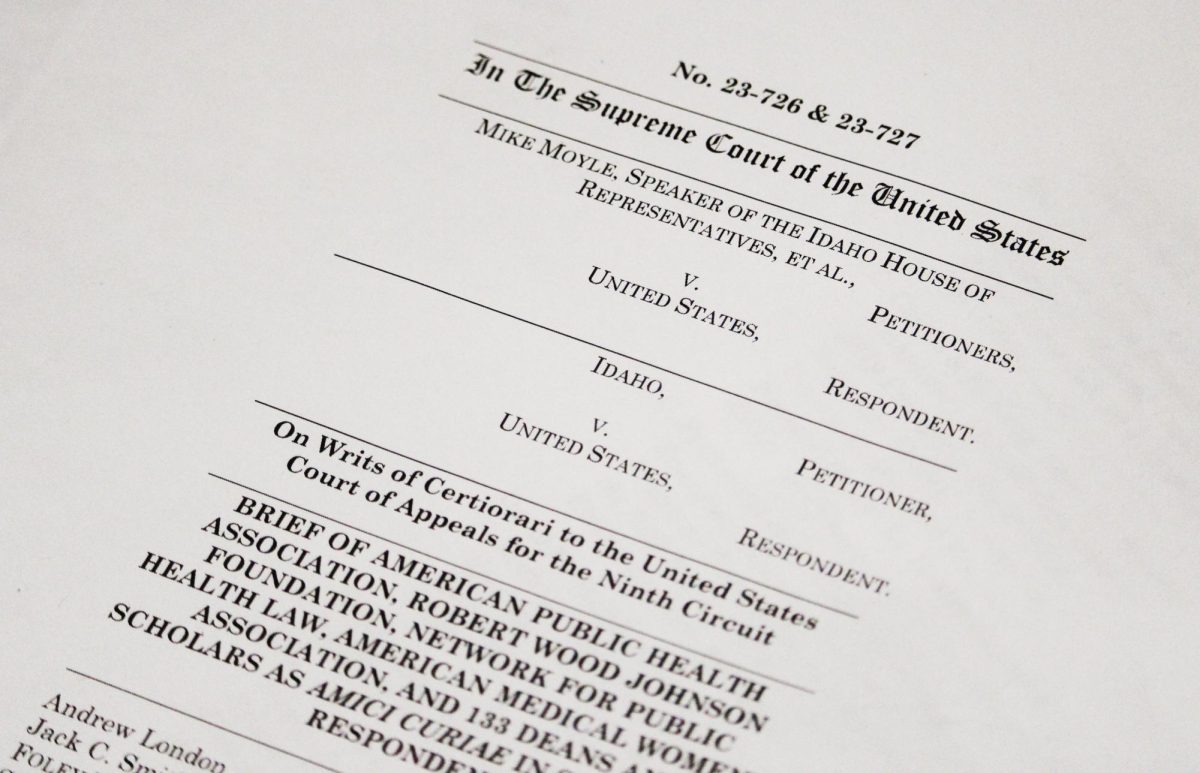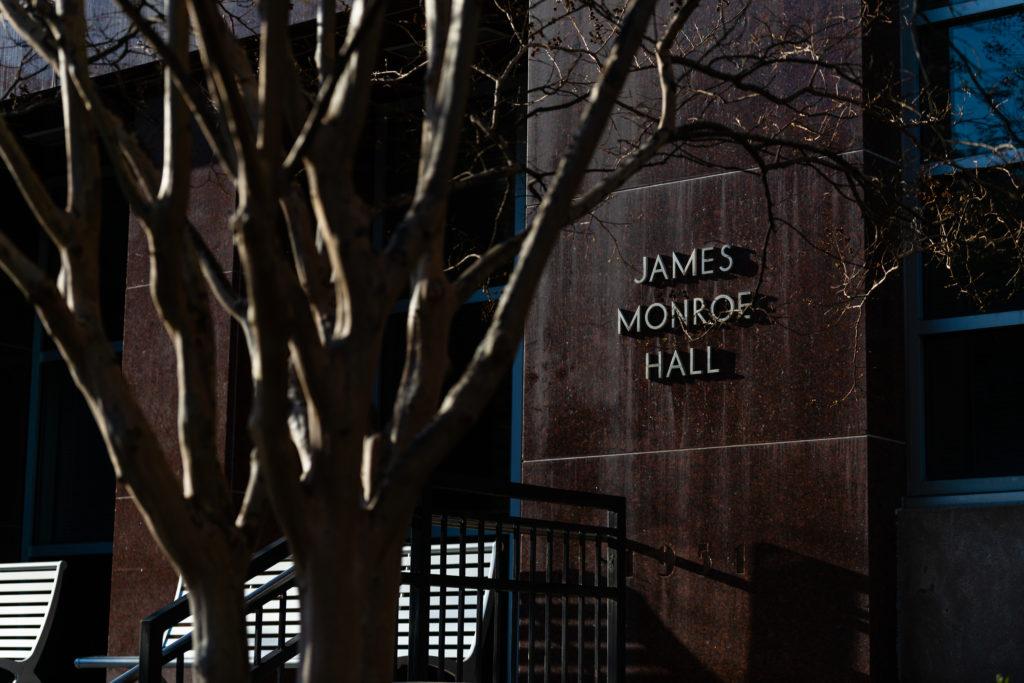This story is part of The Hatchet’s semester-long project sharing stories of GW’s faculty members at the forefront of researching the COVID-19 pandemic.
A psychology professor is investigating the impact of the COVID-19 pandemic and intersectional discrimination on mental and physical health disparities among Black young adults.
Michelle Stock, an associate professor of applied social psychology, said she used financial support from GW’s COVID-19 internal research fund to confidentially survey more than 360 Black young adults, ranging in age from 21 to 35 in the DMV, on how the pandemic and racial stressors have affected their mental and emotional health. She said she hopes her research will shed light on how to change the environment that hosts these stressors, especially once her research expands to include an older population and more participants.
“I already knew that there’s a lot of people struggling, and when you get the perspectives and information from other groups outside of your little small group that you see more, as we’ve all been somewhat isolated in the past year, it really opens you up more and expands your thoughts more about the struggles, the real struggles that other people have and the multitude of struggles people have,” Stock said.
She said she began studying race-related, discrimination-based and social stressors’ effects on the Black and African American community when she attended graduate school at Iowa State University in 2007.
She said her graduate school mentors followed a panel of African American families over many years, inspiring her to research more in the field.
She said she chose to study young adults because that age group is generally more likely to socialize and adhere less to COVID-19 guidelines than other populations. In addition to studying stressors, Stock said she observed protective factors, measures people take “to help them thrive,” like having social support or a close family unit that can help eliminate loneliness.
“We are seeing those types of potential stressors, but also protective factors, like being in a close family unit during the pandemic time can be a protective factor,” she said. “But if you had a year in a household where there’s a lot of stress, maybe economic stress, occupational stress, other factors, then that actually is less of a protective factor due to the other stressors.”
She said the survey was conducted between November and February and used Craigslist, Instagram and an online research participant finder to recruit respondents.
She added that the grant she received from GW allowed her to gain preliminary data that she is now using to apply for two additional grants. She said she finished gathering her data about a month ago and hopes to expand the research to a larger scale study with more participants.
She said in her next study, she wants to shift her research to focus more on substance abuse and how both pandemic-related and other stressors affect participants’ willingness to seek treatment.
“We will focus a little more on alcohol use-related disorders, since that’s the goal of the grant to focus on alcohol-use disorders, alcohol use, alcohol-use treatment, which is something we didn’t really get at as much with our participants,” she said.
Tessa Walls and Yutong Jiang contributed reporting.







